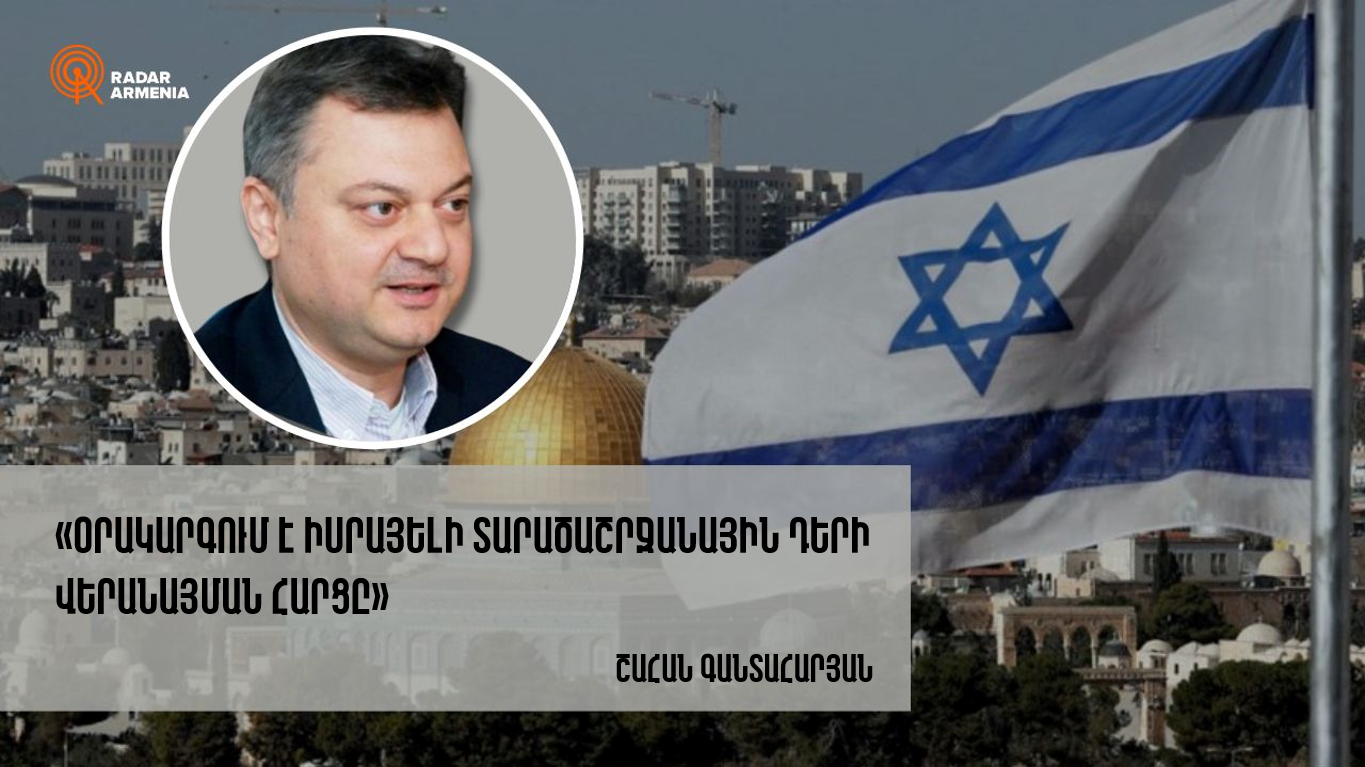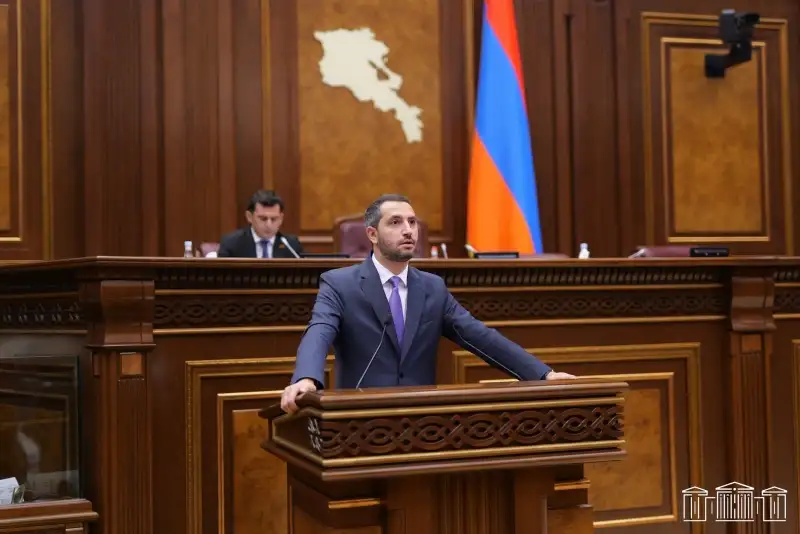Radar Armenia's interlocutor is international expert Shahan Gantaharyan.
- The border demarcation commissions of Armenia and Azerbaijan signed the regulation on joint activities. Implementation of domestic procedures has started. What significance will this circumstance have in the process of regulating Armenian-Azerbaijani relations?
In this connection, several observations should be noted. First, during and on the occasion of Putin's visit to Baku, Moscow later voiced its willingness to respect the previous agreements and not to compromise its mediation mission, to which Baku responded positively. The border demarcation process is proceeding in a direct, bilateral format, even though Moscow had discussed providing a mediation platform for the blockade of the channels, border demarcation, and peace treaty negotiations.
The second is that Baku negotiates with one hand and torpedoes the negotiation process with the other, endlessly renewing the preconditions and declaring that the Armenian side does not want peace. Given the current circumstances, I don't think any breakthrough will happen.
- And how do you fulfill the wish of official Moscow that they would be happy to contribute to the signing of the peace treaty? Does Moscow's involvement benefit Azerbaijan?
- All the processes should be considered in the context of geopolitics, preserving the Russian factor in the region on the one hand and removing it on the other, and with that logic. The layers of Baku-Moscow cooperation are increasing. Azerbaijan is not only an intermediary exporter of Russian energy, but the projects suggest that it is becoming the most essential destination for exporting Russian products. Moscow is trying to find alternative ways through Azerbaijan, in the conditions of its isolation and blockade, and Azerbaijan is working to solve its long-standing problems with the help of Moscow.
- The Russian President will leave for an official visit to Mongolia next week. How do you interpret Putin's frequent visits in this period?
All of Moscow's steps are explained by the strategy of preserving the influence zones and overcoming the consequences of the blockade. Not only in the South Caucasus but also in Central Asia, Russia is fighting to preserve its former domains.
- The head of the foreign policy department of the European Union, Josep Borrell, announced that he has started to find out from the member states whether they want to impose sanctions on some Israeli ministers. In your opinion, can the restrictions applied to certain people affect the politics conducted in Israel?
- The issue of sanctions is a long-term process. If we notice, Borel addresses the question as a question mark. Then, with a proposal, maybe with a call or in the form of a resolution. At the same time, it should be noted that the policy of the USA and the EU towards Israel has undergone specific changes. The issue of reviewing Israel's regional role is on the agenda. The preconditions for rearranging US-Iran and EU-Iran relations are visible in this context.


















